To Test Cancer Drugs, These Scientists Grew ‘Avatars’ of Tumors
Growing organoids in dishes and xenografts in mice lets scientists re-create a living person’s tumor—and test dozens of drugs against them at the same ..
Growing organoids in dishes and xenografts in mice lets scientists re-create a living person’s tumor—and test dozens of drugs against them at the same ..
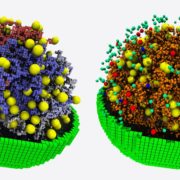
A 3D digital model of a “minimal cell” leads scientists closer to understanding the barest requirements for life. ..

Most genetic research is done on people of European descent. That’s led to misdiagnoses, inaccurate tests, and missed opportunities for new treatments. ..

A controversial California case has raised questions about police use of DNA databases and the need for better genetic privacy laws. ..
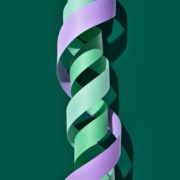
Scientists have way more DNA from ancient Europeans than Africans. Now analysis of a genome from nearly 20,000 years ago is answering questions about ..
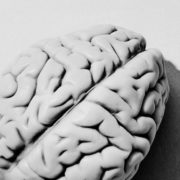
Harvard researchers used lab-grown clumps of neurons called organoids to reveal how three genes linked to autism affect the timing of brain development. ..
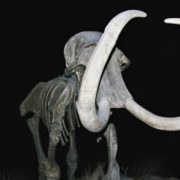
Scientists are racing to bring extinct species back from the dead. But does a resurrected mammoth belong to nature, or us? ..
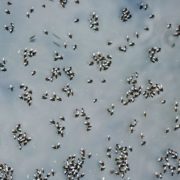
Many insects, like the mosquitoes that spread malaria, have evolved a tolerance to chemical sprays. What if we could reboot their genes? ..
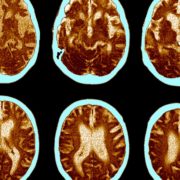
Understanding the protein’s role in the cell shows what's happening in neurodegenerative diseases before symptoms emerge. ..
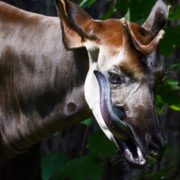
Researchers filtered the air around two zoos and identified genetic material from dozens of species, a technique that could help track and conserve wildlife. ..